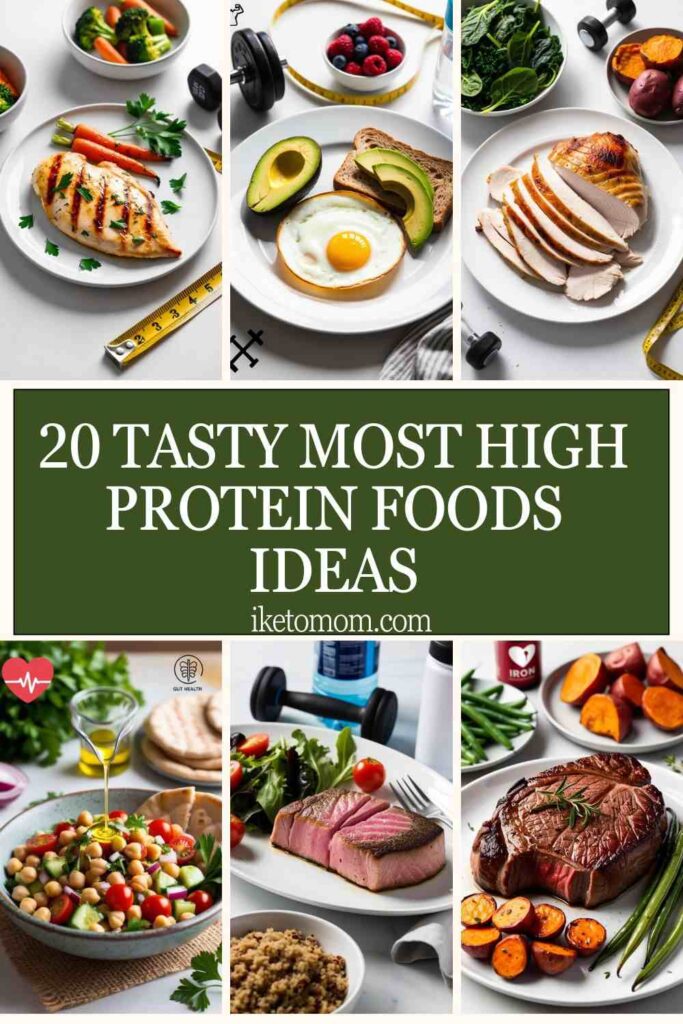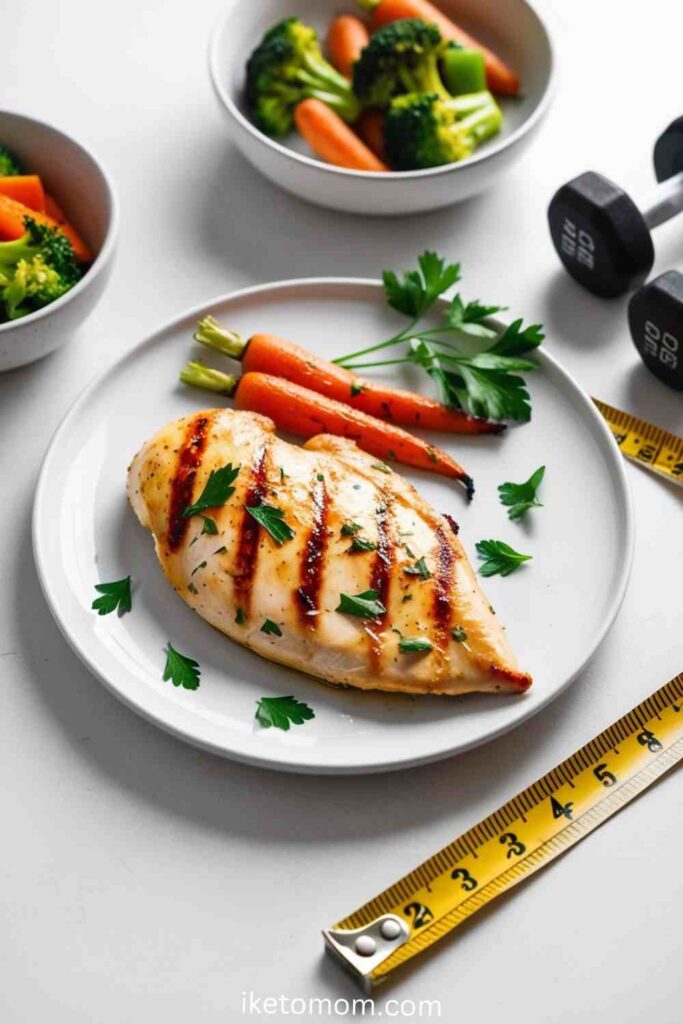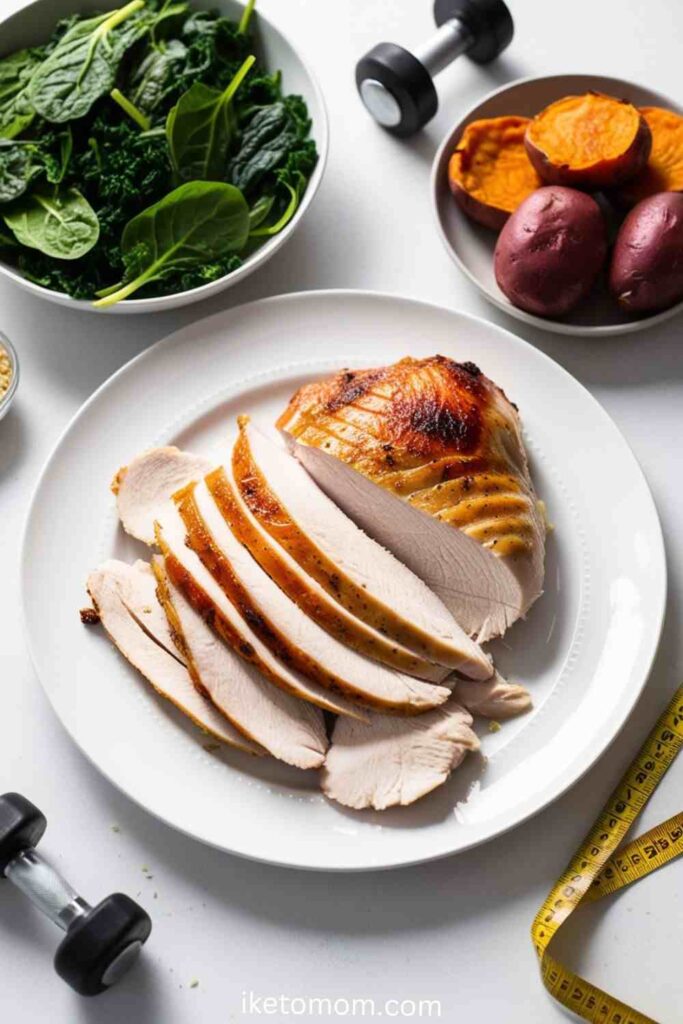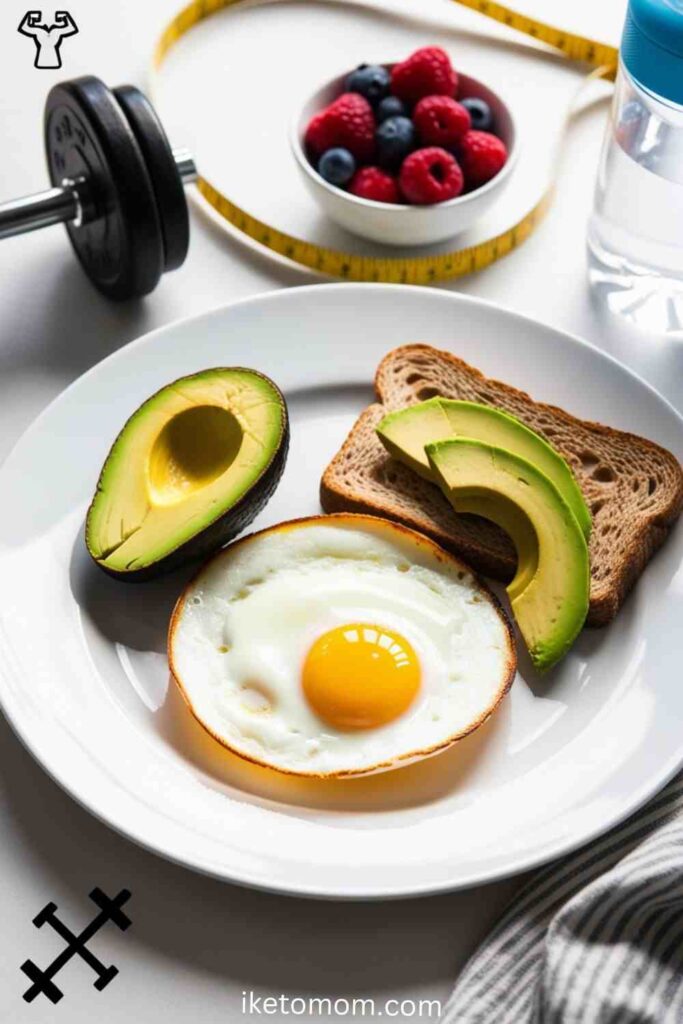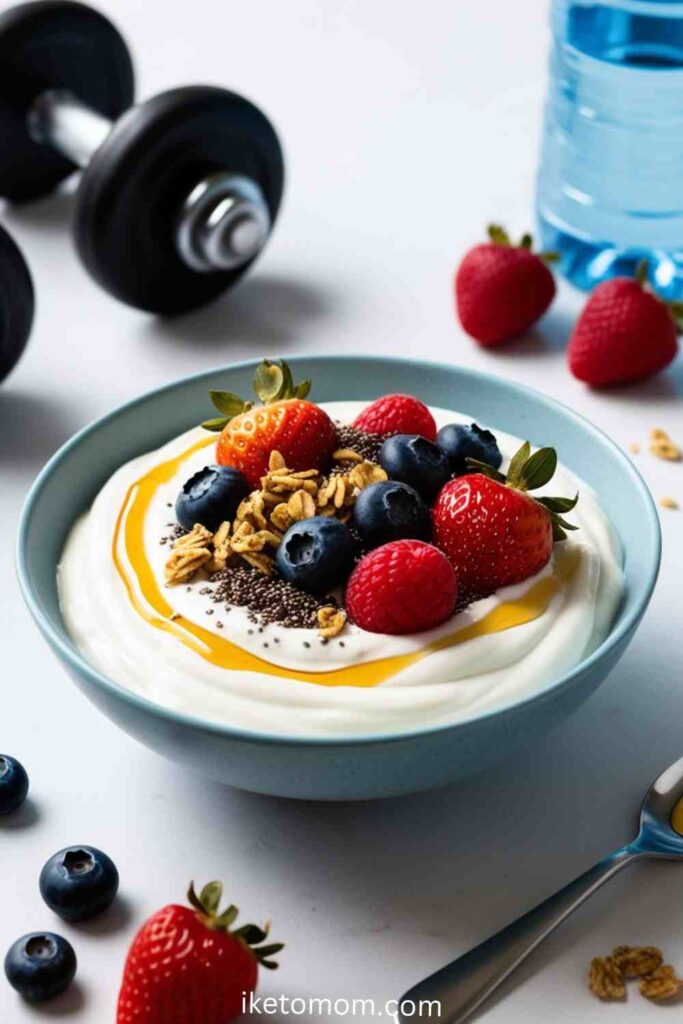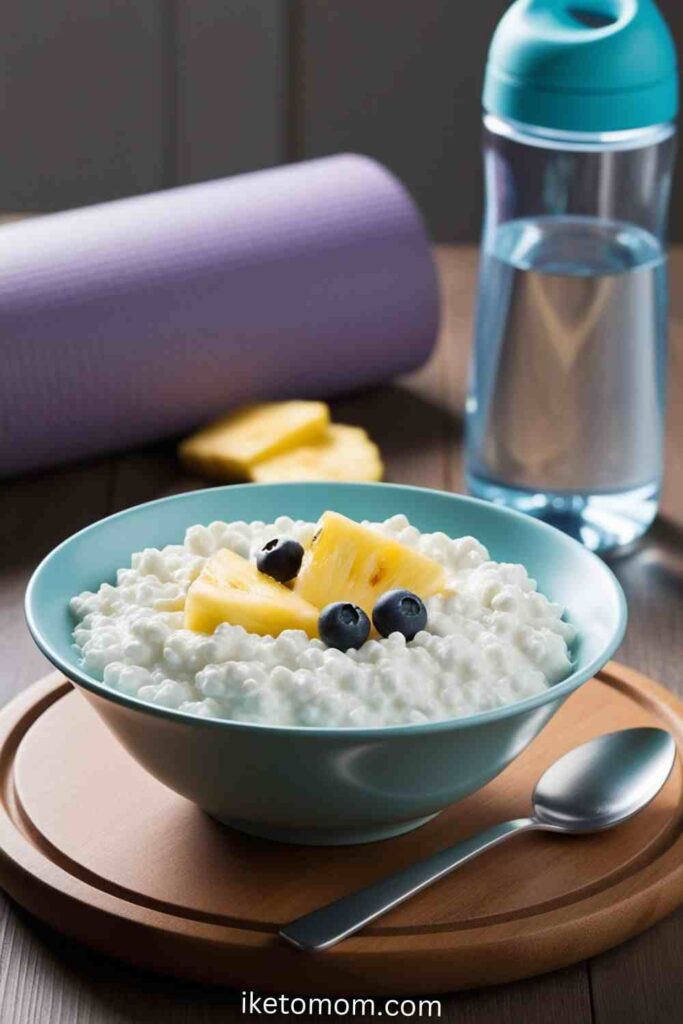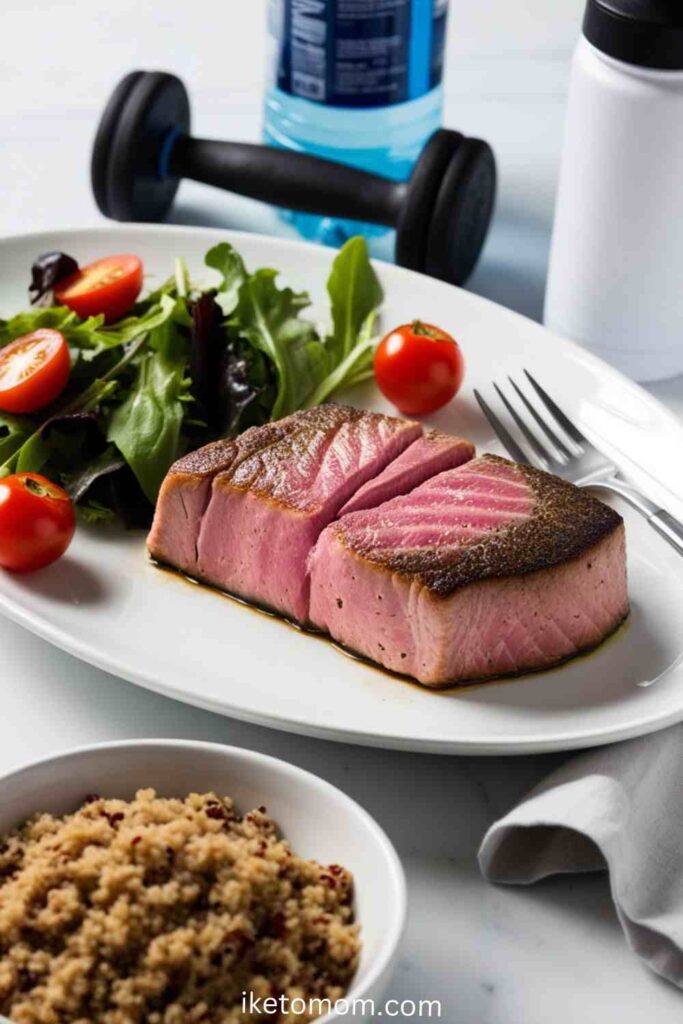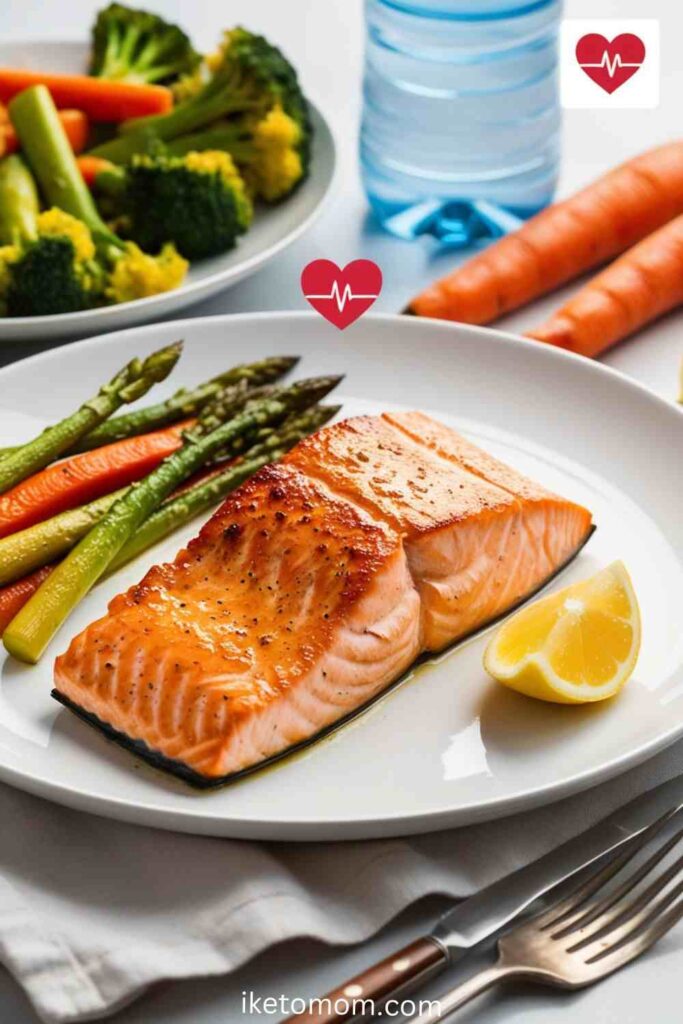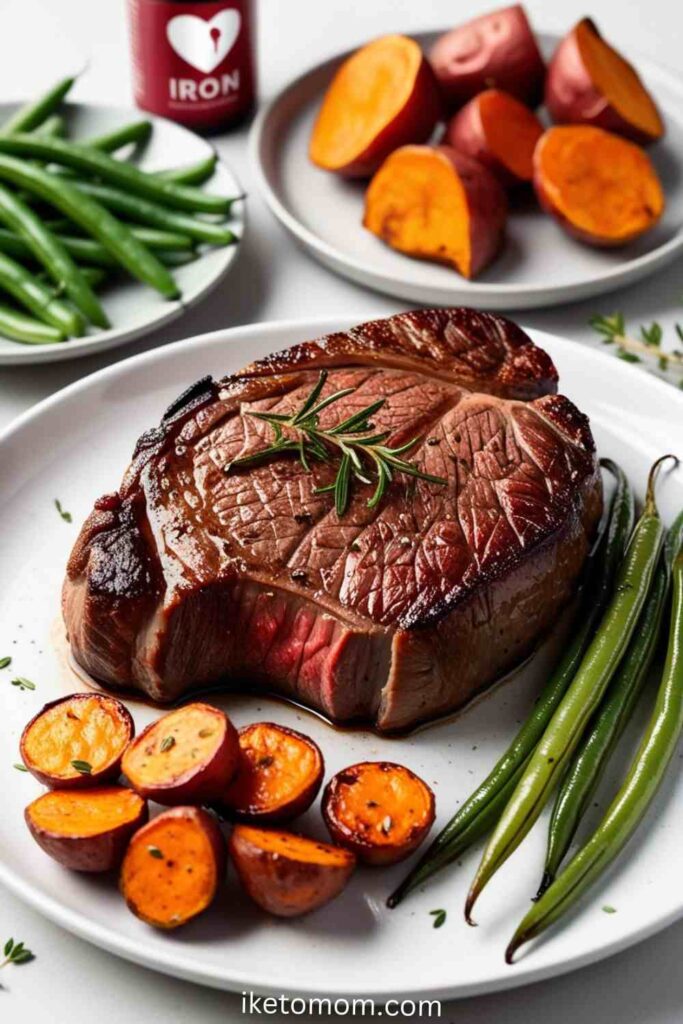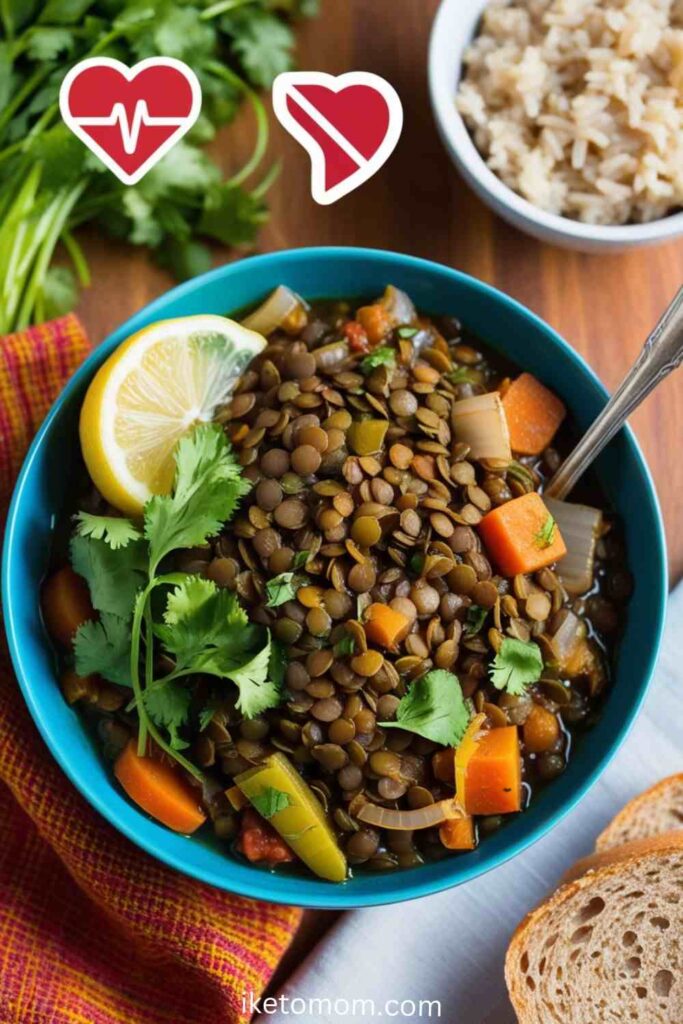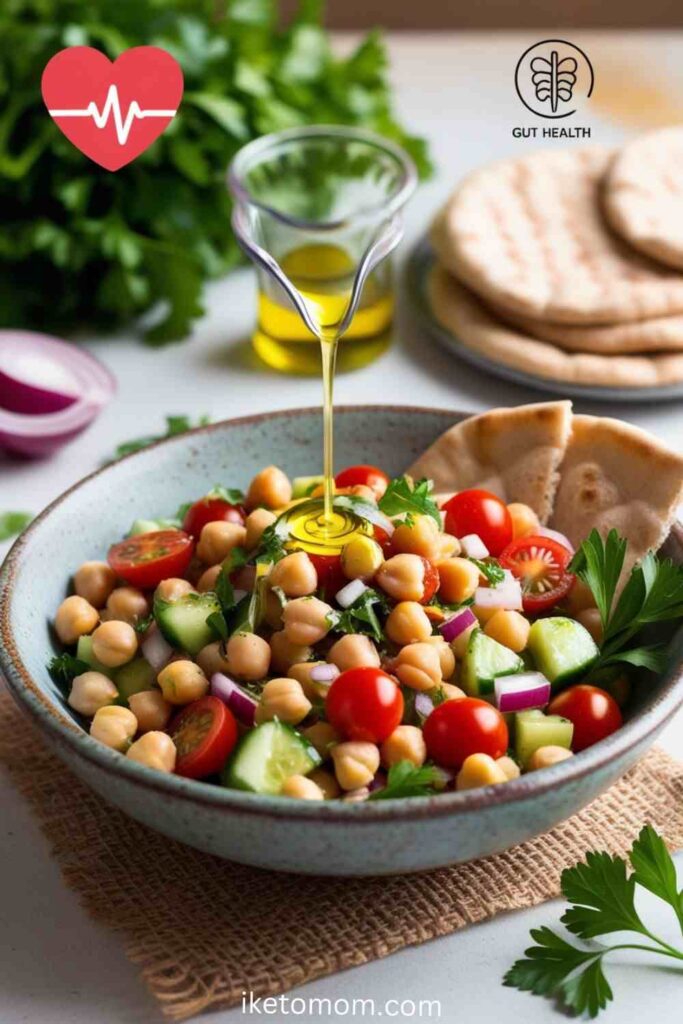Most High Protein Foods Ideas : Protein is a vital macronutrient that plays a crucial role in maintaining and repairing body tissues, producing enzymes and hormones, and supporting overall health. It is an essential part of every cell in the body and is particularly important for muscle growth, immune function, and the synthesis of enzymes and neurotransmitters. Whether you’re looking to build muscle, lose weight, or simply maintain a healthy lifestyle, ensuring adequate protein intake is key to achieving your goals.
Protein-rich foods are available in a wide variety of forms, both animal-based and plant-based, making it easy to incorporate into any diet. Animal sources such as chicken, beef, eggs, and dairy offer complete proteins, meaning they contain all the essential amino acids our bodies cannot produce. Plant-based options, like beans, lentils, tofu, and quinoa, are also excellent protein sources and provide additional benefits such as fiber and antioxidants. Incorporating a range of these protein-rich foods into your diet can help improve satiety, boost metabolism, promote muscle repair, and support overall well-being, making it a cornerstone of any balanced nutrition plan.
Most High Protein Foods Ideas
1. Chicken Breast
Nutrition Information:
Chicken breast is a lean source of protein, offering about 26-30 grams of protein per 3-ounce cooked portion. It is low in fat, with just 2-3 grams of fat per serving, making it an ideal choice for those looking to increase protein intake without adding unnecessary calories or fat. Additionally, chicken breast is rich in essential vitamins and minerals, including niacin (vitamin B3), vitamin B6, and selenium.
Benefits:
- Muscle Repair: The high protein content in chicken breast helps repair and build muscle tissue, making it a go-to food for athletes and anyone engaged in physical activity or strength training.
- Weight Loss: Because chicken breast is low in fat and high in protein, it promotes satiety, helping you feel full longer, which can reduce overall calorie consumption and support weight loss efforts.
- Satiety: The protein and low-fat combination make chicken breast an excellent food for maintaining fullness and energy levels throughout the day, preventing overeating and helping control hunger.
2. Turkey
Nutrition Information:
Turkey is a great source of lean protein, offering about 25-30 grams of protein per 3-ounce cooked serving. It is also moderate in fat, with approximately 3-7 grams of fat, depending on whether you choose white or dark meat. Turkey provides essential nutrients such as vitamin B6, niacin, and zinc, which are important for energy production and immune function.
Benefits:
- Supports Muscle Building: The high protein content in turkey aids in muscle repair and growth, making it an excellent choice for those looking to build or maintain muscle mass.
- Low Calorie: Turkey, especially lean cuts like turkey breast, is low in calories, which makes it a great option for those aiming to reduce their calorie intake while still getting enough protein to support their fitness goals. This makes it ideal for weight management or weight loss.
3. Eggs
Nutrition Information:
Eggs are a highly nutritious food, providing about 6 grams of protein per large egg. They are considered a complete protein source, meaning they contain all nine essential amino acids that the body cannot produce on its own. In addition to protein, eggs are rich in important vitamins and minerals such as vitamin B12, vitamin D, choline, and selenium, which support overall health.
Benefits:
- Muscle Building: The high-quality protein in eggs supports muscle growth and repair, making them a staple in many athletes’ and fitness enthusiasts’ diets.
- Promotes Satiety: The combination of protein and healthy fats in eggs helps to promote feelings of fullness and satisfaction, which can reduce cravings and prevent overeating.
- Rich in Vitamins: Eggs provide several essential vitamins and minerals that contribute to overall health, supporting the immune system, brain function, and healthy skin.
4. Greek Yogurt
Nutrition Information:
Greek yogurt is a protein-packed dairy product, offering between 10 to 20 grams of protein per serving, depending on the brand and fat content. It is particularly rich in probiotics, beneficial bacteria that support gut health. Greek yogurt is also an excellent source of calcium, vitamin B12, and phosphorus, which promote bone health and overall well-being.
Benefits:
- Gut Health: The probiotics in Greek yogurt help balance gut bacteria, supporting digestion and overall gut health.
- Muscle Recovery: The high protein content aids in muscle repair and recovery, making it an ideal post-workout snack or part of a recovery meal.
- Filling: Greek yogurt is thick and creamy, helping to promote a feeling of fullness, which can assist in managing hunger and preventing overeating throughout the day.
5. Cottage Cheese
Nutrition Information:
Cottage cheese is a high-protein dairy food, offering about 28 grams of protein per cup, making it an excellent source of protein for those looking to build or maintain muscle mass. It is also low in fat, particularly when choosing low-fat or fat-free varieties. Cottage cheese is rich in calcium, phosphorus, and B vitamins, which support bone health and overall vitality.
Benefits:
- Slow-Digesting Protein: Cottage cheese contains casein protein, which digests slowly, providing a steady release of amino acids into the bloodstream. This makes it ideal for nighttime muscle recovery, preventing muscle breakdown during sleep.
- Great for Nighttime Muscle Recovery: Due to its slow-digesting nature, cottage cheese is often recommended as a pre-bedtime snack to support muscle repair and growth during sleep.
- Low in Fat: Cottage cheese is low in fat, making it a lean source of protein that fits well into a variety of diets, especially those focused on weight management or muscle maintenance.
6. Tuna
Nutrition Information:
Tuna is a lean source of protein, offering about 20-25 grams of protein per 3-ounce serving, depending on whether it is packed in water or oil. It is low in fat, particularly when choosing tuna packed in water, making it a great option for those looking to increase protein intake while keeping fat intake low. Tuna is also rich in essential nutrients like omega-3 fatty acids, selenium, and vitamin D, which support heart health and immune function.
Benefits:
- Quick, Easy Meal Option: Tuna is a convenient and versatile food that can be incorporated into a variety of meals, from salads to sandwiches or pasta dishes. It’s perfect for busy individuals who need a fast, protein-rich meal.
- Muscle Growth: With its high protein content, tuna supports muscle repair and growth, making it an excellent choice for athletes and anyone looking to build or maintain lean muscle mass.
- Fat Loss: Tuna is low in fat and calories, making it an ideal food for fat loss or weight management. Its high protein content also helps promote satiety, reducing cravings and preventing overeating.
7. Salmon
Nutrition Information:
Salmon is a nutrient-dense fish that provides about 20 grams of protein per 3-ounce serving. It is also rich in healthy omega-3 fatty acids, which are essential for heart health and have powerful anti-inflammatory properties. Additionally, salmon is a great source of vitamins B12 and D, selenium, and other important nutrients that support overall health.
Benefits:
- Heart Health: The omega-3 fatty acids in salmon help reduce the risk of heart disease by lowering blood pressure, reducing inflammation, and improving cholesterol levels.
- Anti-Inflammatory: Omega-3s also have strong anti-inflammatory effects, helping to reduce chronic inflammation, which can benefit overall well-being and reduce the risk of certain diseases.
- Muscle Repair and Recovery: Salmon provides high-quality protein to support muscle growth, repair, and recovery, making it a great addition to a post-workout meal.
8. Lean Beef
Nutrition Information:
Lean beef provides about 22 grams of protein per 3-ounce serving. It is also a rich source of iron, particularly heme iron, which is more easily absorbed by the body compared to plant-based iron sources. In addition to protein and iron, lean beef contains essential nutrients like zinc, vitamin B12, and selenium, all of which support various bodily functions.
Benefits:
- Supports Muscle Growth: The high-quality protein in lean beef helps build and repair muscle tissues, making it an ideal choice for those aiming to increase muscle mass or maintain strength.
- Helps with Anemia: The heme iron found in lean beef helps improve iron levels in the body, which can prevent and treat iron-deficiency anemia, boosting energy levels and supporting overall health.
- Nutrient-Rich: Lean beef provides a variety of vitamins and minerals that support immune function, energy production, and overall well-being.
9. Lentils
Nutrition Information:
Lentils are a fantastic plant-based protein source, offering about 18 grams of protein per cooked cup. They are also rich in fiber, with about 15 grams per serving, which supports digestive health and helps regulate blood sugar levels. Lentils are also packed with essential nutrients like folate, iron, and manganese, contributing to overall wellness.
Benefits:
- Excellent for Vegetarians: Lentils are an ideal protein source for vegetarians and vegans, providing a complete profile of amino acids when combined with other plant-based foods.
- Heart Health: The high fiber and antioxidant content of lentils help lower cholesterol levels, reduce the risk of heart disease, and improve cardiovascular health.
- Digestive Health: The fiber in lentils aids in digestion and promotes a healthy gut, making them an excellent food for long-term health and well-being.
10. Chickpeas
Nutrition Information:
Chickpeas, also known as garbanzo beans, provide about 15 grams of protein per cooked cup. They are also high in fiber, with roughly 12 grams per serving, which helps support digestive health, regulate blood sugar, and promote feelings of fullness. Chickpeas are rich in essential nutrients like folate, manganese, and iron, contributing to overall well-being.
Benefits:
- Weight Loss: The combination of high protein and fiber in chickpeas helps promote satiety, making them an excellent choice for those looking to manage their weight or reduce overall calorie intake.
- Good for Gut Health: Chickpeas are prebiotic, meaning they help nourish the beneficial bacteria in the gut, supporting digestive health and a balanced microbiome.
- Heart Health: Their fiber and nutrient profile also support cardiovascular health by helping lower cholesterol levels and maintain healthy blood pressure.
FAQ
Why is protein important in our diet?
Protein is essential for muscle growth, tissue repair, and immune function. It also helps regulate metabolism, supports hormonal balance, and keeps you feeling full longer, making it an important nutrient for overall health and fitness.
Can vegetarians get enough protein from plant-based foods?
Yes, vegetarians can get ample protein from plant-based sources such as lentils, chickpeas, tofu, quinoa, and edamame. Combining different plant proteins throughout the day ensures that you get all the essential amino acids your body needs.
What are the best high-protein foods for weight loss?
Lean protein sources like chicken breast, turkey, Greek yogurt, and legumes such as lentils and chickpeas are great for weight loss. They help build and repair muscle while promoting feelings of fullness, reducing overall calorie intake.
How can I incorporate more high-protein foods into my daily meals?
You can add high-protein foods to your diet by incorporating them into breakfast, lunch, and dinner. Try adding eggs or Greek yogurt to breakfast, including lean meats or legumes in salads and sandwiches, and snacking on nuts, seeds, or protein bars.

I’m Priscilla Swahn, a registered dietitian with a master’s degree in nutritional sciences. With over a decade of experience in holistic nutrition, I specialize in creating delicious keto recipes to help you enjoy a healthy lifestyle. On iKetoMom, you’ll find a variety of recipes for every meal—hearty breakfasts, satisfying lunches, mouthwatering dinners, indulgent desserts, and refreshing drinks. My recipes make keto living easy and enjoyable for the whole family. Featured in EatingWell and MindBodyGreen, I also collaborate with health centers and corporate companies to share my expertise. Join me and discover the joy of keto cooking!

